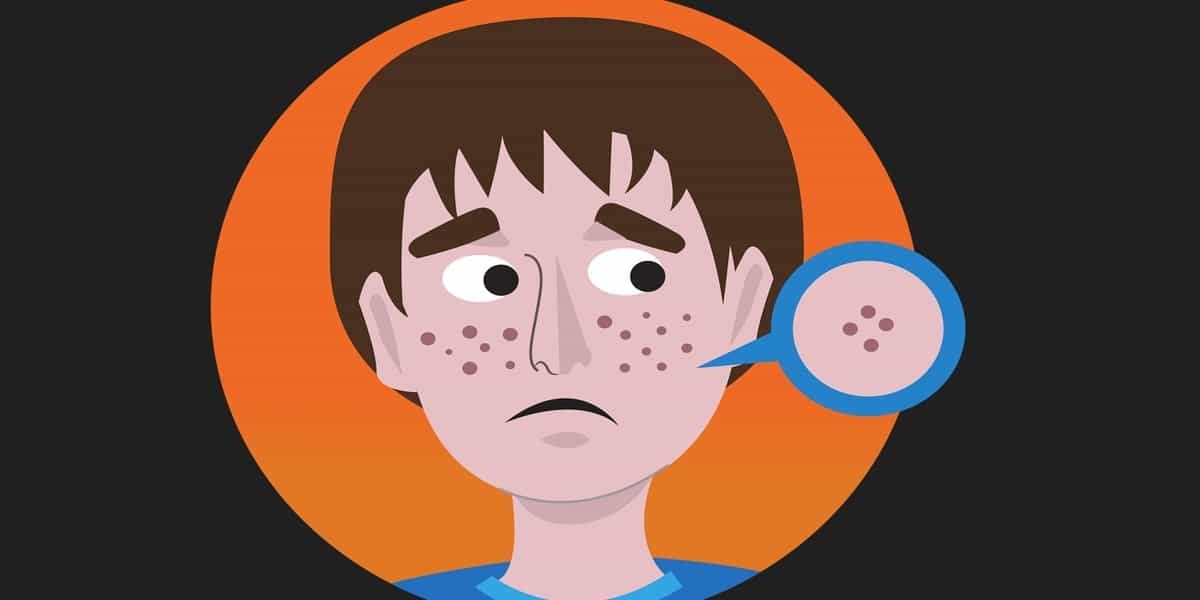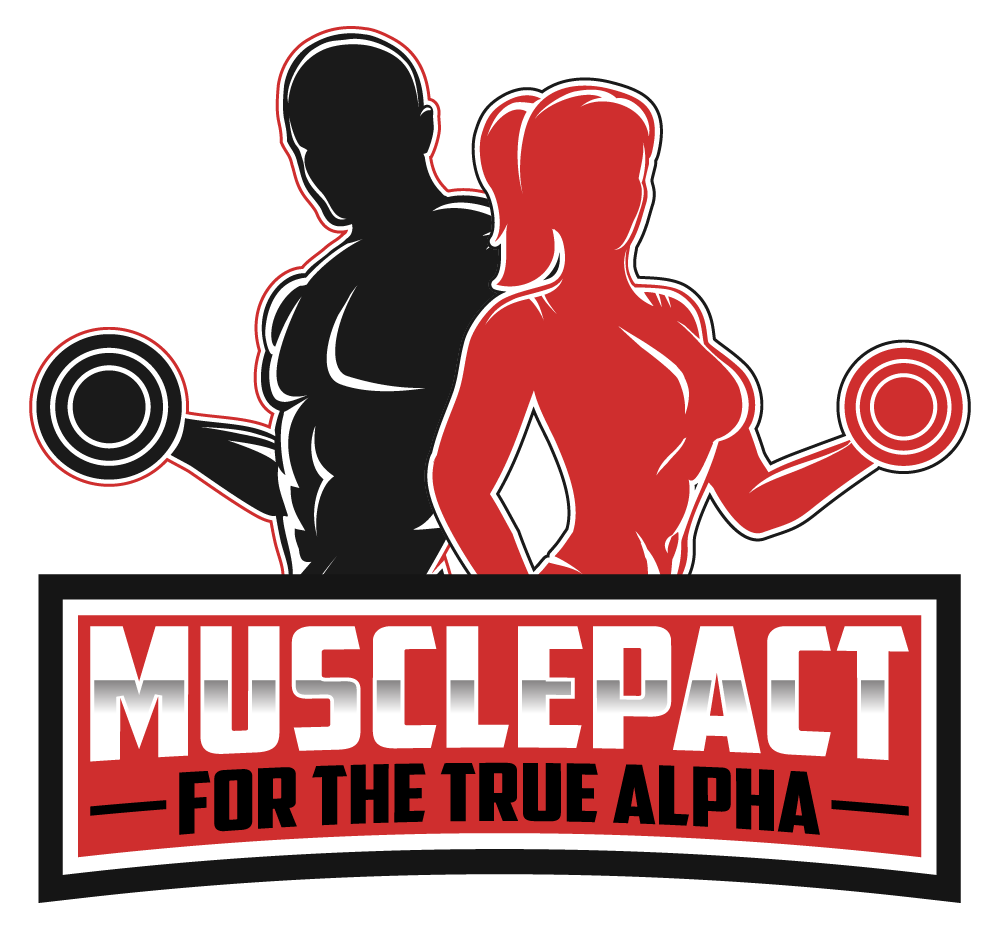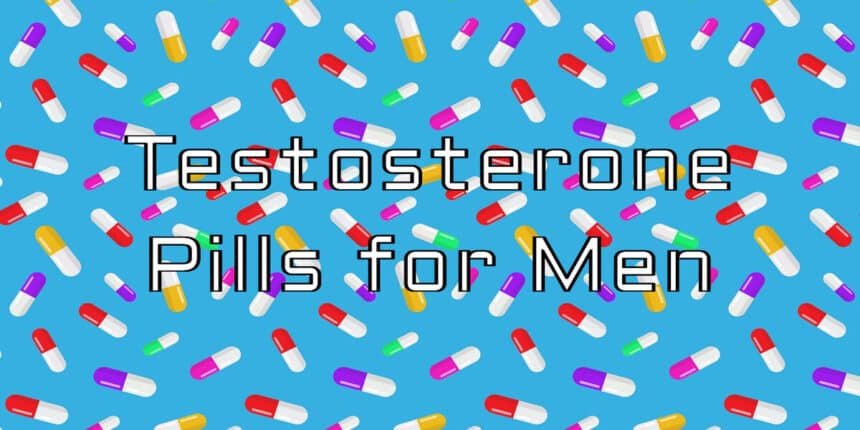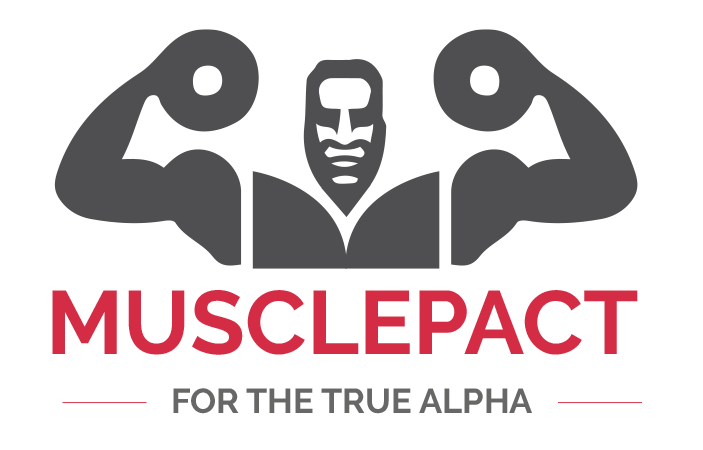The use of testosterone supplements in pill form is becoming more common for men who have clinical hypogonadism or low testosterone levels. This in-depth guide discusses testosterone pills for men, including advantages, adverse effects, and considerations before following such a treatment.
Testosterone and Hypogonadism
Testosterone is the primary male sex hormone and does numerous things in your body, including:
- Sexual function: Regulates interest in sex and erectile function.
- Muscle mass: Enhances muscle growth and strength.
- Bone density: It promotes healthy bones and lowers the chances of osteoporosis.
- Mood regulation: It influences mood and cognition.
Hypogonadism is the condition in which there is an insufficient amount of testosterone in the body, resulting in low libido, fatigue, depression, decreased muscle mass, and increased body fat. This condition can be caused by a number of factors, including age, medical conditions such as diabetes, or genetic disorders.
Uses of Testosterone Pills
Testosterone replacement therapy (TRT) helps to restore testosterone levels in men with hypogonadism. Testosterone pills are one of several delivery methods available for TRT (also referred to as testosterone replacement therapy), alongside injections, patches, gels, and pellets. They are used mainly for:
- Testosterone Enhancement: They raise testosterone levels back to an optimal range.
- Symptoms relief: They may provide relief of symptoms related to low testosterone, including fatigue, low libido, and mood changes.
- Improved quality of life: Many men report a better overall quality of life after beginning TRT.
Types of Testosterone Pills
Testosterone undecanoate, the most frequently prescribed oral form of testosterone, is absorbed by the gastrointestinal tract. Other ways of taking testosterone often involve injections or topical applications. Pills are a convenient option for many patients.
Testosterone Pills Benefits
Testosterone pills have several benefits compared to other types of TRT:
- Convenience: Oral administration is simple and does not involve injections or topical applications.
- Effectiveness: Testosterone pills have been shown, in clinical studies, to improve symptoms of low testosterone significantly.
- Better adherence: For some men, it’s easier to take a pill than to deal with injections or gels.
Potential Side Effects

Testosterone pills can provide great results when trying to address hypogonadism, although there are some risks involved. Common side effects include:
- Acne and oily skin: Increased oil production can lead to skin issues.
- Sleep apnea: Some men may experience disrupted breathing during sleep.
- Fluid retention: This can lead to swelling in the ankles or other areas.
- Increased red blood cell count: Elevated hematocrit levels can increase the risk of blood clots.
- Breast tenderness or enlargement: Hormonal changes may lead to gynecomastia (enlarged breast tissue).
- Mood changes: Some users report increased aggression or mood swings.
Serious Risks
In addition to common side effects, there are serious risks associated with testosterone therapy:
- Cardiovascular events: Some studies suggest a potential link between TRT and an increased risk of heart attacks or strokes.
- Prostate health concerns: While TRT does not appear to increase prostate cancer risk directly, it may stimulate growth in existing prostate cancer cells.
- Liver toxicity: Oral testosterone can affect liver function; monitoring liver enzymes is essential during treatment.
Administration Guidelines
To make the most of testosterone pills:
- Dosage: Usually, two capsules per day, one in the morning and one in the evening, with food to optimize absorption.
- Monitoring: Ongoing monitoring with medical practitioners is important to track hormone levels and adjust dosages if necessary.
Conclusion
Testosterone pills are a great approach for men with low testosterone symptoms. The benefits of restoring harmony with these hormones and improving quality of life are highly significant, but as adverse events do occur, professional medical evaluation, monitoring, and follow-up are needed. Men considering this treatment should speak to their doctor about their circumstances to decide on the best approach.
Learn about low free testosterone and how it can affect our health. Also, read our guide about high testosterone in women to understanding its causes, symptoms, and treatment options.
Don’t forget to follow us on Facebook for even more fitness guides.
Sources:
- https://www.optimale.co.uk/testosterone-pills-for-men/
- https://www.health.harvard.edu/staying-healthy/testosterone–what-it-does-and-doesnt-do
- https://www.drugwatch.com/testosterone/
All images from pixabay.com






